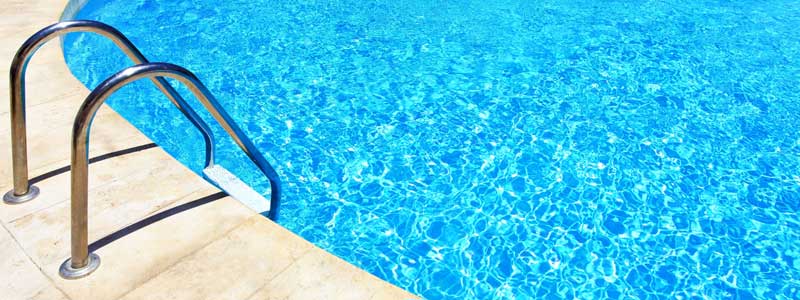
July 6, 2016 | Personal Injury, Premises Liability | Personal Injury, Premises Liability, Safety Tips, Swimming Pool
Swimming pool safety and liability
Summer in Putnam County is here and that means many of us will be enjoying our own swimming pools or visiting friends and family for a swim on a hot day. I want to help make sure your excitement and fun last all summer, so I’m going to give you something to think about when it comes to swimming pool safety.
According to the CDC
- From 2005-2014, there were an average of 3,536 fatal unintentional drownings (non-boating related) annually in the United States — about ten deaths per day. An additional 332 people died each year from drowning in boating-related incidents.
- About one in five people who die from drowning are children 14 and younger. For every child who dies from drowning, another five receive emergency department care for nonfatal submersion injuries.
- More than 50% of drowning victims treated in emergency departments require hospitalization or transfer for further care (compared with a hospitalization rate of about 6% for all unintentional injuries). These nonfatal drowning injuries can cause severe brain damage that may result in long-term disabilities such as memory problems, learning disabilities, and permanent loss of basic functioning (e.g., permanent vegetative state).
It can happen anywhere
While backyard pools often come to mind when thinking of this topic, the New York Department of Health reports that there were 171 drownings at swimming pools and beaches regulated by local governments from 1987 to 2010. Statistics also indicate that lack of proper supervision contributed to over 50% of drownings at regulated facilities. Almost 80% of these drownings occurred while a lifeguard was on duty.
A recent study attributed the drownings to:
- Inadequate number of guards
- Inadequate surveillance
- Unobserved submersion
- Improper procedure
- Distraction
- Lifeguard positioning
- Inadequate lifeguard skills
Who’s responsible?
The question of liability is complicated and depends on several factors. In this post, I will provide a few tips, but the only way to know for sure is to speak to an experienced attorney. Like with other types of premises law, property owners have a legal responsibility to ensure that their pool and the surrounding areas are safe. In New York State, that means pool owners must install a fence around their pool, with pool and gate alarms. Pools are considered an “attractive nuisance,” which means they are likely to attract young children who are not aware of the danger. These rules also apply to temporary pools, such as inflatable pools. In addition to state laws, many communities set their own stricter rules as part of the local code, so it’s important to check with your local government.
In order to bring a successful claim against the owner or operator of a swimming pool or beach, it must be proven that they failed to meet their legal responsibility to keep the pool or swimming area and its surrounds safe as required by law. If it can be proven that the drowning or injury occurred as a result of the property owner’s negligence, they may be held responsible and required to pay damages.
Negligence can take many forms, including:
- Failure to properly enclose swimming area with fencing and alarms.
- Negligent or insufficient supervision (lifeguards).
- Warning signs that are insufficient or missing.
- Defective or missing lifesaving equipment.
- Defective or broken pool drains, which could lead to entrapment.
- Defective life-jackets, pool toys or floatation devices.
Most of the time it’s the insurance company that pays.
If someone you love has lost their life to drowning or suffered serious injuries, the last thing on your mind is calling an attorney. Particularly in cases where the accident happened at a friend or family member’s house, you may not want to take any action. It’s important to remember that in most cases, drowning or near drowning accident settlements are paid by an insurance company. In the case of a private home, it’s their homeowner’s insurance, which is so profitable to insurance companies that they do not typically raise rates due to a claim being filed, unlike auto insurance.
The law provides a framework in which victims’ can seek compensation when someone has been killed or injured by another person’s negligence and no one should feel bad accepting that compensation.
You’re not alone, help is here.
If you or a loved one may have been the victim of negligent behavior, give Greg Bagen a call and take advantage of a free confidential consultation. Once he knows what happened, he can give you the facts about the law that you need to make an informed decision about how to proceed. If you do have a case, he’ll fight to get you the compensation you need to move past this terrible tragedy.
Sources:
http://www.cdc.gov/homeandrecreationalsafety/water-safety/waterinjuries-factsheet.html
https://www.health.ny.gov/environmental/outdoors/swimming/docs/drowning_statistics.pdf

